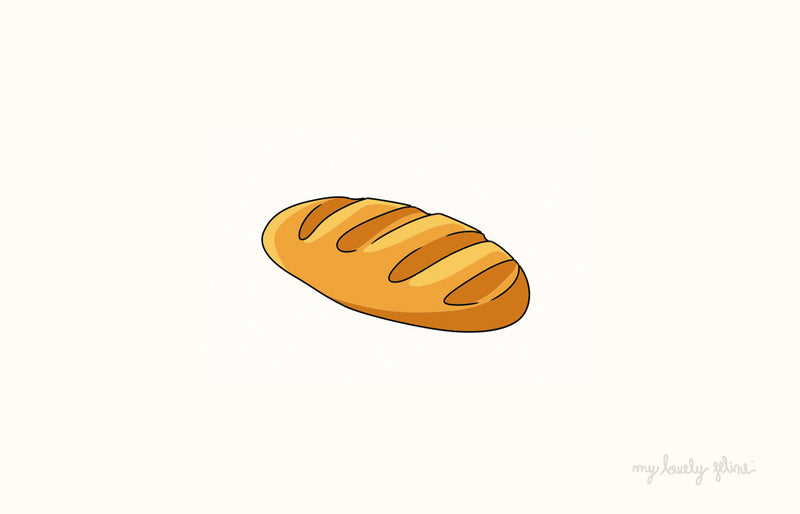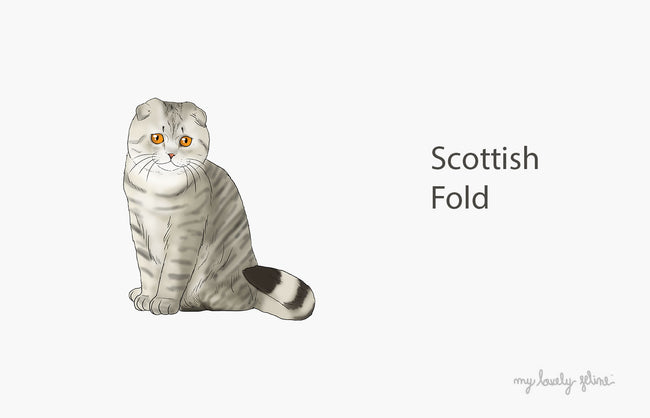|
As a cat owner, you want nothing but the best for your feline friend. You provide them with nutritious food, cozy beds, and plenty of love and attention. But have you ever wondered if it's safe for your cat to indulge in a slice of bread? Bread is a staple in most households, and it's not uncommon for cats to beg for a taste. However, not all human foods are safe for our furry companions, and bread is no exception. In this article, we'll take a comprehensive look at the risks and benefits of feeding your cat bread. From digestive issues to potential allergies, we'll explore the potential dangers of bread consumption. But we'll also delve into the potential benefits, such as added fiber and nutrients. So, if you're unsure whether bread is safe for your feline friend, keep reading to find out all you need to know. |
Can cats eat bread?
Cats are obligate carnivores, which means their diet should mainly consist of animal protein. However, some cats are known to enjoy nibbling on human food, including bread. Bread is a carbohydrate-rich food that is not toxic to cats, but it does not provide them with any nutritional value. Cats require a diet high in protein and fat, with minimal carbohydrates.
Risks of feeding bread to cats
Although bread is not toxic to cats, it can lead to various health problems. One of the most common issues is weight gain. Bread is high in carbohydrates, which can cause your cat to gain weight if consumed in large quantities. Obesity is a significant health concern in cats, leading to various health problems such as diabetes and joint issues.
Another risk of feeding bread to cats is digestive problems. Cats do not have the necessary enzymes to break down carbohydrates, making it difficult for them to digest bread. Eating bread can cause stomach upset, diarrhea, and vomiting in cats, leading to discomfort and dehydration.
Bread can also lead to dental problems in cats. The high carbohydrate content in bread can stick to their teeth, leading to plaque buildup and tooth decay. It is essential to note that some cats may have allergies to wheat or gluten, which can cause severe digestive problems.
Nutritional value of bread for cats
Bread does not provide any nutritional value to cats. It is not high in protein, fat, or fiber, which are essential nutrients for cats. The only benefit of bread is its carbohydrate content, which can provide them with energy. However, cats do not require carbohydrates in their diet and can obtain energy from protein and fat.
Alternatives to bread for cats
If you want to treat your cat to human food, there are several safe alternatives to bread. Cooked chicken, fish, and eggs are excellent sources of protein for cats and can be a healthy treat. You can also offer your cat small amounts of cheese or yogurt, which are high in protein and calcium. It is essential to avoid feeding your cat any food that is high in carbohydrates, such as pasta and rice.
Bread and cat digestive system
Cats have a unique digestive system that is designed to digest animal protein. They lack the necessary enzymes to break down carbohydrates, making it difficult for them to digest bread. The high carbohydrate content in bread can cause digestive problems such as stomach upset, diarrhea, and vomiting. It is essential to monitor your cat's reaction to bread, and if they show any signs of digestive problems, it is best to avoid feeding it to them.
How much bread can a cat eat?
Cats do not require bread in their diet, and it is best to avoid feeding it to them. If you want to treat your cat to a small piece of bread, it is essential to limit their intake. A small piece of bread once in a while will not harm your cat, but regular consumption can lead to health problems.
Symptoms of bread toxicity in cats
Bread is not toxic to cats, but it can lead to various health problems. If your cat consumes a large amount of bread, they may experience digestive problems such as stomach upset, diarrhea, and vomiting. It is essential to monitor your cat's behavior and seek veterinary care if they show any signs of discomfort or illness.
Conclusion - Should cats eat bread?
In conclusion, bread is not toxic to cats, but it does not provide them with any nutritional value. Feeding your cat bread can lead to various health problems such as weight gain, digestive problems, and dental issues. It is best to avoid feeding bread to your cat and instead offer them treats that are high in protein and low in carbohydrates.
Tips for a balanced cat diet
A balanced diet is essential for your cat's health and well-being. Cats require a diet high in protein and fat, with minimal carbohydrates. It is best to feed them a high-quality cat food that is specifically formulated for their nutritional needs. You can also offer them small amounts of cooked chicken, fish, and eggs as a treat.
Ensure that your cat has access to fresh water at all times and avoid feeding them human food that is high in carbohydrates. Regular veterinary check-ups can also help ensure that your cat is healthy and receiving the necessary nutrients.




